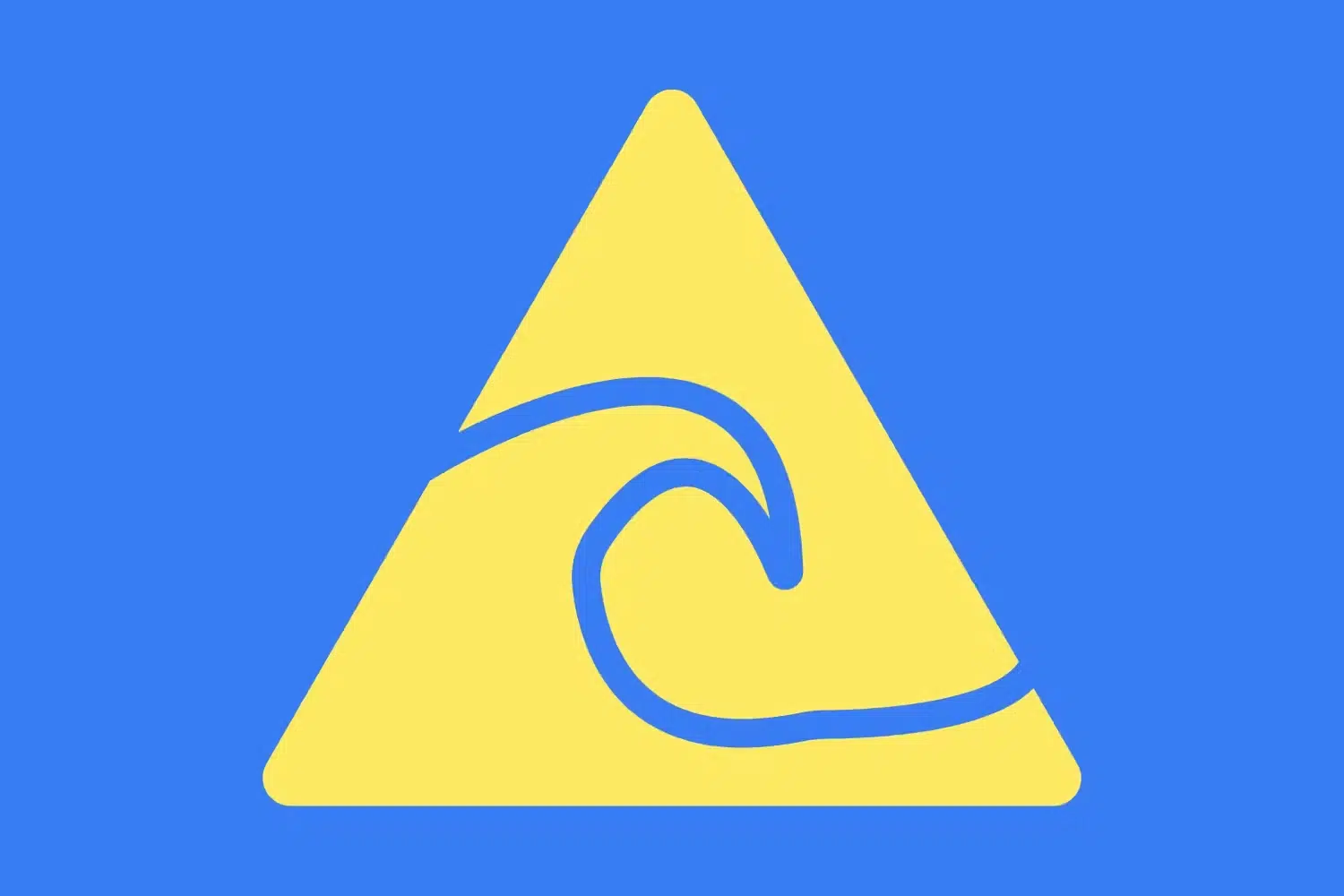
How to Prep for a Recession

Whenever the inflation rate goes up, conversations always spring up about a pending recession. This can be especially frightening for those who lived through the Great Recession (2007-2009). However, although consumer prices have continued to rise, unemployment has remained remarkably low. Typically, a recession is marked by both high interest rates and high unemployment.
We can’t tell you if we’re about to experience a recession or not. We don’t want to cause anyone panic or needless stress. However—recessions are an inevitable part of the economic cycle. Whether we experience a recession in two years or in ten years, it’s always a good idea to get yourself in the best possible position to weather a financial storm. Here are six steps to help you get your financial house in order before a recession or other financial crisis.
1. Review Your Finances
The first step toward financial security in any circumstance is to know where you stand. Make a detailed inventory of all your accounts; this should include the following:
- Checking accounts
- Savings accounts
- Credit card accounts
- Loan accounts
- Retirement accounts
- HSA accounts
- Individual investment accounts
Once you’ve listed all your accounts, take a look at your income and expenses. How much are you earning every month, and how much are you spending? Also, note how much money you have available (assets) versus how much debt you’re carrying (liabilities). This can help you figure out whether beefing up your savings or paying off debt should be a priority.
2. Reevaluate Your Budget
Once you understand how much money you’re bringing in every month and how much you’re spending, it’s time to take a long, hard look at your budget. One of the possible impacts of a recession is income disruption. Layoffs and job loss are common when the economy hits a rough spot, so cutting out unnecessary expenses now can help better prepare you for a period of reduced income in the future.
First, make a list of all your monthly expenses. Sort the list into two columns:
- Fixed expenses. These are essential expenses that are unavoidable, things like mortgage or rent payments, utilities, groceries, and insurance.
- Discretionary expenses. Ask yourself: “What spending isn’t absolutely necessary?” Anything that you don’t need to survive the month falls on this list. Such line items might include subscription services such as streaming TV, gym memberships, dining out, and entertainment.
With your spending sorted into what is necessary and discretionary, it’s time to find where you could potentially save a few dollars every month. This might mean canceling unused subscription services, putting off a planned vacation, or eating out less.
3. Build Up Your Emergency Fund
Once you know how much you can save every month, it’s time to put that money to work for you by creating an emergency fund. It’s always a good idea to have money put aside for a rainy day, no matter the state of the economy. However, if you want to prepare for a recession, it’s essential.
Most experts recommend that you save enough cash to pay your bills for three to six months. For instance, if you spend an average of $3,000 per month, it’s a good idea to save between $9,000 and $18,000 in your emergency fund. If you’ve already met this goal, congratulations!
If you fall a little short, don’t worry. This is where all that budget analysis you did previously comes in handy. Any extra you have every month should go into your emergency fund. Even if it seems like a small amount, every little bit helps and gets you closer to your goal.
4. Pay Off High-Interest Debt
When you feel like you’re in a good place with your emergency fund, it’s time to turn your attention to another area that can greatly reduce your financial stability during a recession: variable high-interest debt. As the Fed raises interest rates, the cost of borrowing money also rises. This means that the interest rates on any variable interest debt you have, such as credit cards, auto loans, and personal loans, could also increase.
To save money on interest payments—which could end up costing you hundreds, if not thousands, more than you originally borrowed—paying off debt is critical. A good strategy to get out of credit card debt, or stop the debt spiral entirely, is to make sure you know exactly how much debt you’re in. Make a list of all your balances and corresponding interest rates for all outstanding debts, then make a plan to pay them off. Two popular debt payoff strategies are:
- The avalanche method. With this method, you pay off the account with the highest interest rate first. If you have any extra cash, put it toward paying off this account while continuing to make minimum payments on all your other debt. Once this account is paid in full, take the total amount you were paying toward this debt and make payments on the credit card or loan with the next highest interest rate. Of the two methods listed here, this will save you the most money in interest payments.
- The snowball method. If you’re motivated by small wins, this method is best for you. Looking at your list, locate the account with the smallest balance. Pay off this debt first, continuing to make the minimum payments on any other obligations. Again, once the smallest balance is paid off, funnel the full amount you were paying on the first balance to the second smallest balance. Continue in this way until you’ve eliminated all debt.
5. Update Your Resume
Another smart move ahead of a recession: revamp your resume. Hopefully, you won’t be impacted by layoffs, but it’s a good idea to have your work experience fully documented and brush up on your interview skills so you can get back on your feet fast if the worst happens. Even if you don’t lose your job, you may want to seek out a side hustle to help you move more quickly toward your goals or provide you with a bit of extra cash and peace of mind.
6. Stay Calm
It’s easy to lose your cool when a recession strikes, but keeping calm even during the ups and downs of an unstable market can help you more easily ride out the storm. By sticking to the budget you created and making strides toward the goals you identified, you’ll be in an excellent position to survive even the worst effects of a recession.


